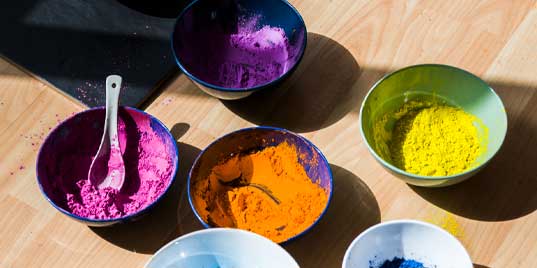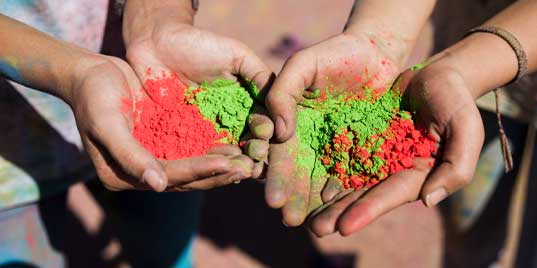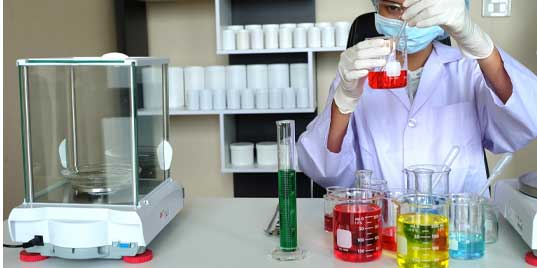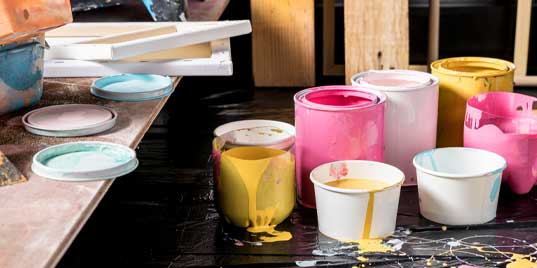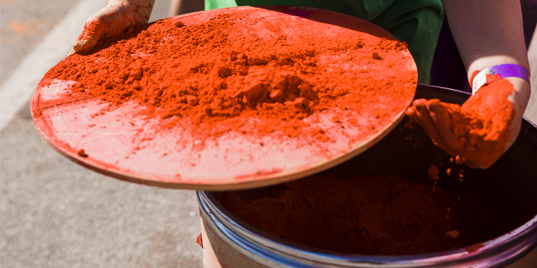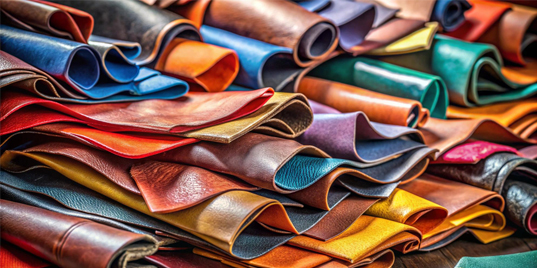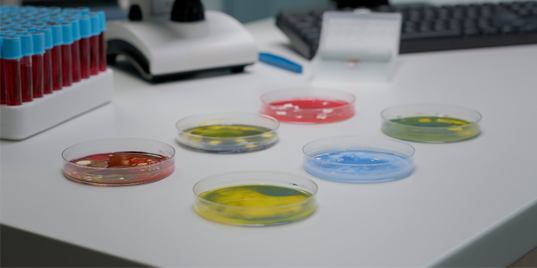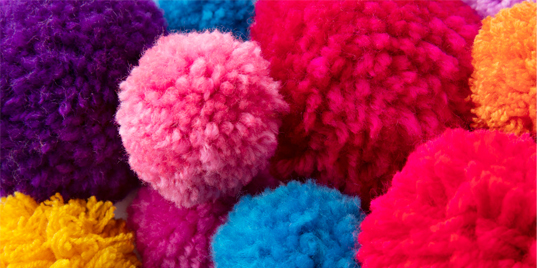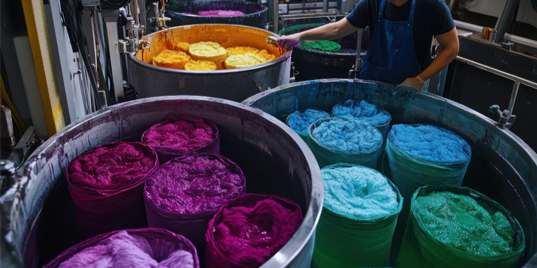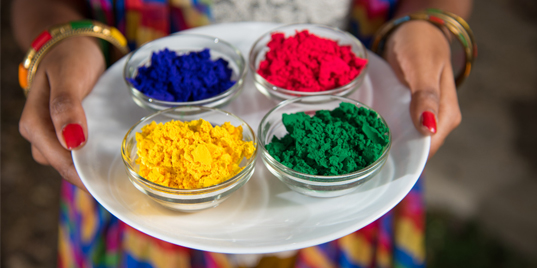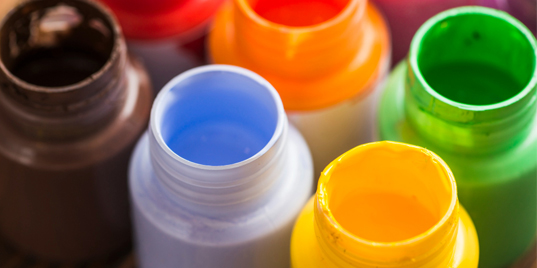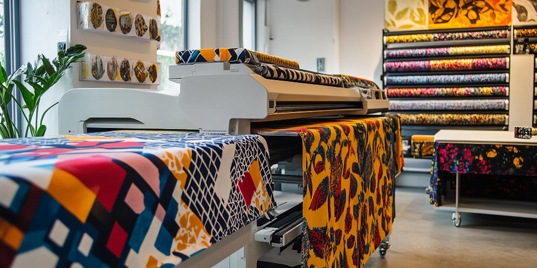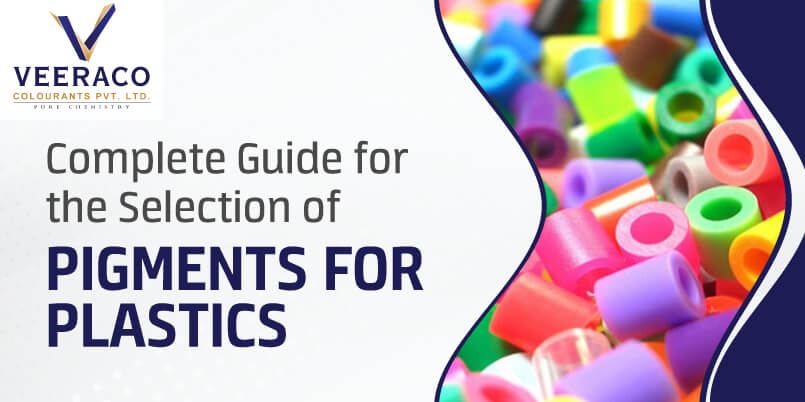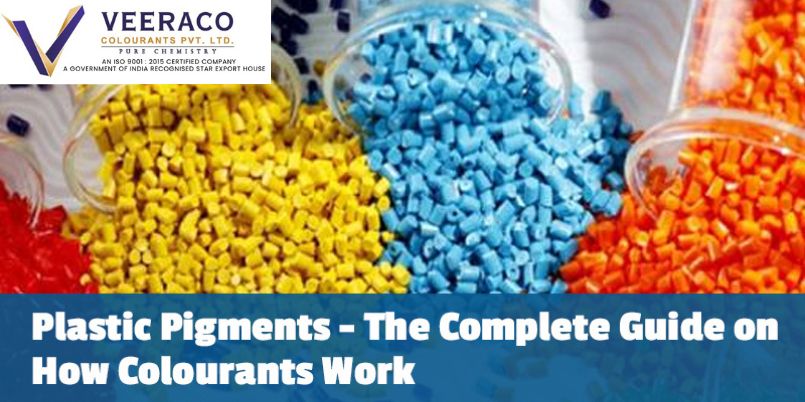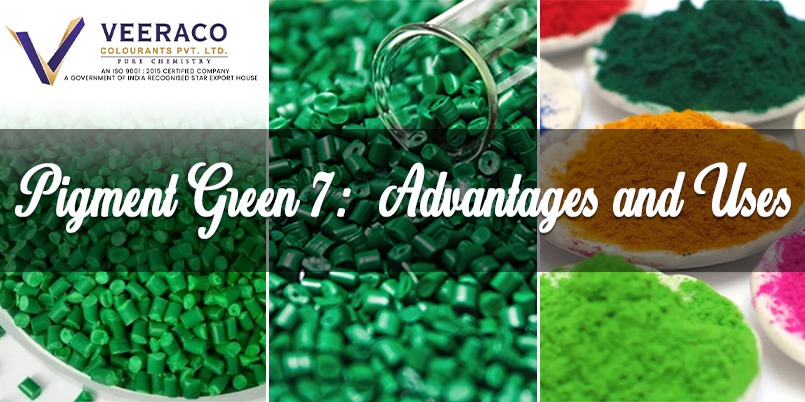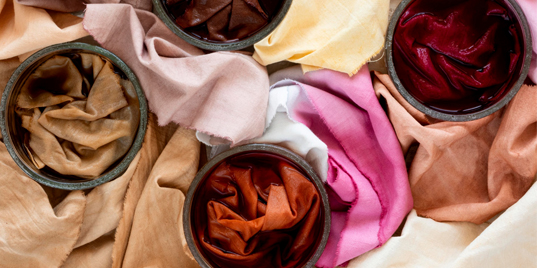
Black Denim Success: Mastering Sulphur Dyes for Manufacturing
- Admin
- Sep 24, 2025
Black Denim Success Mastering Sulphur Dyes for Manufacturing
Sulphur dyes play a vital role in denim manufacturing, providing deep, rich colors with excellent wash fastness at economical costs. While indigo creates denim's signature blue, sulphur dyes deliver blacks, browns, and other colors essential for fashion denim and casual wear. This comprehensive guide explores everything denim manufacturers need to know about sulphur dyes suppliers and applications.
Understanding Sulphur Dyes Chemistry and Properties
Sulphur dyes represent a unique class of colorants with distinct characteristics that make them valuable for denim and other cotton textiles.
What Are Sulphur Dyes?
Sulphur dyes are synthetic colorants containing sulfur atoms incorporated into complex organic structures. The exact chemical composition of many sulphur dyes remains proprietary, as their synthesis involves heating organic compounds with sulfur and sodium polysulfide.
Like vat dyes, sulphur dyes are water-insoluble in their oxidized form but become soluble under alkaline reducing conditions. This similarity in application mechanism makes sulphur dyes compatible with vat dye processes familiar to denim mills.
Key Properties for Denim Applications
- Excellent wash fastness makes sulphur dyes ideal for denim and casual wear requiring frequent laundering. Color retention through hundreds of wash cycles ensures garments maintain appearance throughout their service life.
- Outstanding cost-effectiveness represents a major advantage. Sulphur dyes typically cost 30–50% less than vat dyes while delivering acceptable performance for most denim applications.
- Good light fastness suits typical denim usage, though not matching vat dyes' exceptional outdoor durability. For casual wear and jeans spending most time indoors, sulphur dyes provide adequate light fastness.
Limitations to Consider
- Limited color range compared to reactive or direct dyes affects available shades. Sulphur dyes excel in blacks, browns, navies, and olive greens but cannot produce bright, clean shades.
- Tendering, or fiber degradation, can occur if application processes use excessive alkali or reducing agents. Proper process control prevents problems, but awareness of this potential issue guides appropriate usage.
- Limited compatibility with some finishing processes, particularly those involving oxidizing agents, requires consideration during product development.
Types of Sulphur Dyes for Denim Manufacturing
Various sulphur dye forms serve different denim manufacturing requirements and equipment capabilities.
- Standard Reduced Sulphur Dyes: Traditional sulphur dyes require reduction using sodium sulfide before application. These original formulations provide excellent performance and remain widely used in denim manufacturing.
- Pre-Reduced Sulphur Dyes (Liquid): Pre-reduced liquid sulphur dyes arrive ready-to-use in soluble form, eliminating reduction steps in manufacturing. These convenient formulations simplify handling and processing.
- Solubilized Sulphur Dyes: Solubilized forms convert to leuco esters or similar derivatives, providing stability in soluble form without requiring reducing agents during application. After dyeing, mild oxidation regenerates the insoluble colored form in fibers.
- High-Performance Sulphur Dyes: Advanced formulations offering enhanced properties including improved light fastness, reduced tendering risk, and better ecological profiles command premium prices but justify costs for specific applications.
Primary Applications in Denim Manufacturing
Sulphur dyes serve multiple roles in denim production beyond simple coloring.
- Solid Shade Denim: Black denim remains a perennial fashion staple, with sulphur black being the dominant colorant. Brown and olive denim use sulphur dyes for earthy tones popular in casual and outdoor-inspired collections.
- Sulphur-Indigo Combinations: Many denim products combine indigo and sulphur dyes in bottoming or topping processes, creating distinctive fading characteristics and visual depth.
- Denim Jackets and Heavier Weights: Heavier denim fabrics for jackets and workwear often use sulphur dyes for deep, durable colors with excellent wash fastness.
- Fashion and Specialty Denim: Fashion brands seeking distinctive colors beyond blue explore sulphur dyes for unique shades like olive, khaki, and brown.
Application Methods and Process Control
Successful sulphur dyeing requires understanding reduction chemistry, proper equipment, and critical process parameters.
- Rope Dyeing Process: Denim yarn passes through multiple dye baths in rope form, building color gradually. Maintaining consistent reducing conditions and oxidation between dips is crucial.
- Continuous Dyeing: High-volume production often employs pad-steam or pad-batch methods for efficiency and reproducibility.
- Exhaust Dyeing: Batch dyeing serves smaller production runs or specialty denim. Proper sequencing and temperature control ensure uniform results.
- Denim Garment Dyeing: Some fashion applications dye constructed garments for unique effects, requiring careful handling to prevent shrinkage and uneven dyeing.
Critical Process Parameters
- Alkali concentration: Typically 2–6 g/L sodium hydroxide; too much causes tendering, too little gives poor shade.
- Reducing agents: Sodium sulfide at 2–4 g/L ensures proper reduction while minimizing effluent load.
- Liquor ratio: Optimize for water conservation and level dyeing.
- Dyeing time: Balance penetration and productivity for consistent results.
Quality Control and Testing
- Color Measurement: Spectrophotometric analysis ensures batch-to-batch reproducibility.
- Wash Fastness: Typically 4–5 (good to excellent) ratings suitable for denim wear.
- Light Fastness: Ratings of 3–5 adequate for indoor use.
- Crocking Fastness: Proper washing and neutralization improve dry and wet rub performance.
- Tensile Strength: Strength retention above 90% ensures no fiber damage.
Environmental Considerations and Sustainability
- Effluent Management: Proper treatment prevents H2S emissions and ensures compliance.
- Eco-Friendly Formulations: Modern sulphur dyes use less sulfide and offer higher exhaustion efficiency.
- Water and Energy Conservation: Process optimization reduces resource use while improving economics.
- Circular Approaches: Some mills explore dye recovery and reuse systems for sustainability.
Selecting Reliable Sulphur Dyes Manufacturers
- Manufacturing Capability: Choose suppliers with modern facilities and proven consistency.
- Product Range: Prefer manufacturers offering standard, pre-reduced, and high-performance dyes.
- Technical Support: Evaluate denim expertise, responsiveness, and process knowledge.
- Consistency & Compliance: Look for ISO-certified suppliers with REACH and environmental compliance.
Indian Sulphur Dyes Manufacturers Serving Global Denim Industry
India represents a significant source for sulphur dyes, supplying denim manufacturers worldwide with quality products at competitive prices. The nation's dye industry combines decades of expertise with advanced technology to meet global standards.
Indian suppliers offer 20–30% cost advantages compared to Western producers while maintaining ISO and REACH compliance. Their technical service capabilities and export readiness make them preferred partners for international denim mills.
Veeraco's Sulphur Dyes for Denim Manufacturing
Veeraco Colourants has supplied sulphur dyes to denim manufacturers for over 80 years, building deep expertise in sulphur dye chemistry and denim applications. Our comprehensive range covers standard, pre-reduced, and high-performance sulphur dyes for all denim manufacturing processes.
ISO-certified production ensures consistent quality meeting international standards. Our technical teams with denim expertise provide application support including recipe development, process optimization, and troubleshooting.
Long-term relationships with global denim mills reflect our commitment to mutual success through quality products, technical excellence, and reliable service.
Conclusion
Sulphur dyes remain essential for denim manufacturing, providing economical coloration with excellent wash fastness for blacks, browns, and specialty colors. Understanding sulphur dye types, application methods, and quality parameters enables optimal selection and use.
Reliable sulphur dye manufacturers such as Veeraco Colourants provide consistent quality, technical support, and competitive pricing that help denim mills achieve long-term success. Whether for classic black denim, fashion shades, or innovative multi-dye effects, sulphur dyes deliver performance and value for the global denim industry.
Contact Veeraco today to discuss your denim manufacturing requirements and experience our commitment to quality and service.

